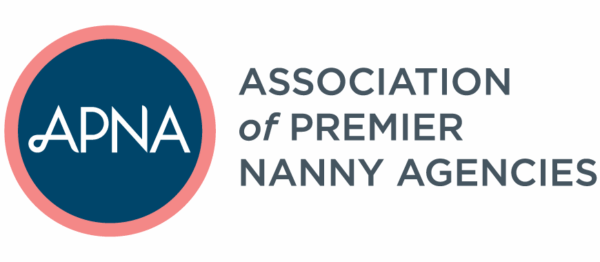Nanny agencies with temporary divisions play a crucial role in connecting families with qualified caregivers who can meet their specific short-term needs. When it comes to hiring, agencies have the option of utilizing independent contractors or W-2 employees. Both types of workers have benefits and drawbacks, and it’s essential to understand them to determine which is the best option for your business. 
Independent contractors are self-employed individuals who work on a project-by-project basis. They are responsible for their own taxes, benefits, and insurance, and they have a higher degree of flexibility and autonomy than W-2 employees. Independent contractors also have control over their work, their schedule, and their rates. For nanny agencies, working with independent contractors can be a cost-effective way to bring in highly skilled workers quickly without committing to long-term employment or an increase in staffing costs.
On the other hand, W-2 employees are individuals who are directly employed by the agency. Their earnings are subject to payroll taxes, any legally required benefits such as paid leave, and should be covered under company insurance policies. Agencies must ensure they are complying with all applicable labor laws, including minimum wage laws, overtime requirements, and anti-discrimination laws. Employees offer a degree of stability and consistency independent contractors may not, and they are often more invested in the success of the agency and its clients.
Nanny agencies must be careful when working with independent contractors to avoid running afoul of federal and state labor laws. Misclassifying employees as independent contractors- can result in hefty fines and penalties, as well as punitive awards for unpaid wages. Therefore, it’s crucial to understand the difference between independent contractors and W-2 employees, and to ensure that each worker is correctly classified. The easiest way to do so, is by conducting a worker classification analysis or test, which takes into consideration aspects of control and independence in a specific work roll. If you want an official determination you can submit IRS Form SS-8 (Determination of Worker Status), but it can take a number of months to receive a formal determination.
Nanny agencies should consider the benefits and drawbacks of independent contractors and W-2 employees when deciding which type of worker to use. Independent contractors offer flexibility and lower overhead costs, but they are generally less reliable in terms of availability because the agency may not be their primary commitment for working hours. W-2 employees allow an agency to exert more control over the work being done, how it is done, and when it is done. While this allows an agency to protect its brand and reputation, it can be more expensive and require some admin work.
Ultimately, the choice between independent contractors and W-2 employees will depend on the specific needs of an agency and its clients. A discussion with an employment attorney is always a good idea if there is any doubt the elements of control in your specific situation.
Rachel Lawrence, is the Sr. Partner Specialist at HomeWork Solutions. Helping agencies navigate the complex world of household payroll, taxes, and HR. She lives in Eugene, OR, and loves spending time hiking with her husband, and three elementary age children.

